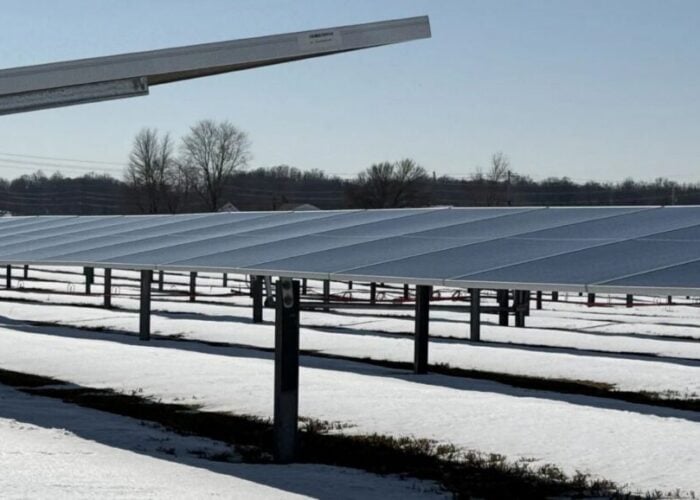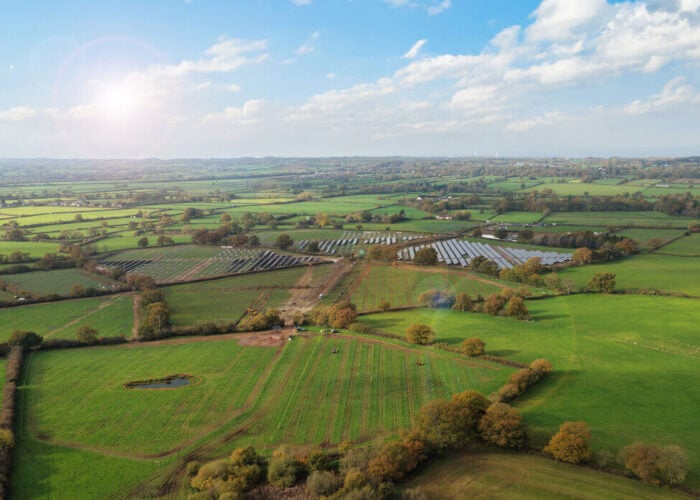The Indian state of Karnataka has published its updated solar policy, which includes a target for 350MW of solar projects by 2016. The Government will allocate 40MW worth of projects for direct sale to the different distribution companies in the state, commonly known as ESCOMS, up to the amount of 200MW. A total of 50MW of bundled solar thermal power will be allotted to state-owned utilities for development. The split between photovoltaic and concentrated solar power (CSP) has not yet been defined.
The remaining 100MW will comprise projects under the Renewable Energy Certificate (REC) mechanism. These projects will not receive the preferential tariff, but will instead generate RECs while selling solar power to the public grid at the average power purchase cost (APPC) of the concerned distribution utility. The APPC varies from state to state and is between INR1.60 to 2.69 (€0.02 to €0.04) per kilowatt hour in 2010 to 2011.
Try Premium for just $1
- Full premium access for the first month at only $1
- Converts to an annual rate after 30 days unless cancelled
- Cancel anytime during the trial period
Premium Benefits
- Expert industry analysis and interviews
- Digital access to PV Tech Power journal
- Exclusive event discounts
Or get the full Premium subscription right away
Or continue reading this article for free
The projects to be developed as part of the 200MW to 2016 will be between three and 10MW. However, CSP projects must be a minimum of 5MW, with no cap on the maximum limit.
The Karnataka Electricity Regulatory Commission (KERC) has given a normalized tariff for 25 years applicable to projects commissioned in the state till March 31, 2013. The maximum tariff for photovoltaics is INR14.50 (€0.24) per kWh and INR11.35 (€0.18) per kWh for CSP. The projects will be awarded to developers offering the highest discount on the maximum tariff.
Karnataka will also continue to support programs like the National Solar Mission (NSM) and has set a combined target for a further 126MW of solar power to be developed by 2013 to 2014 through the NSM and the state’s solar policy.






